


Marx
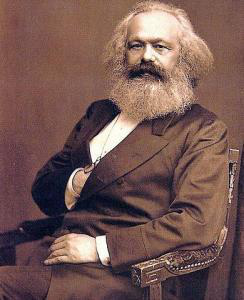
Karl Marx, full name Karl Heinrich Marx (German: Karl Heinrich Marx, May 5, 1818-march 14, 1883), one of the founders of Marxism, the organizer and leader of the first international, the founder of Marxist political parties, the revolutionary mentor of the proletariat and working people, the spiritual leader of the proletariat, the international communist movement The founder of. Marx is a great German thinker, politician, philosopher, economist, revolutionary theorist and sociologist. His major works include capital, Manifesto of the Communist Party, etc. The well-known philosophical thought founded by Marx is historical materialism, whose greatest wish is the all-round and free development of the individual. Marx founded a great economic theory. As far as he is concerned, his great work is capital, and Marx established his principle of exposition as "critique of political economy". According to Marx, this is the "principle of political economy" and the "essence". Later, people can continue to study on this basis. Marx believed that the collapse of the bourgeoisie and the victory of the proletariat were equally inevitable. The Marxist theory, which he and Engels co founded, is regarded as the theoretical weapon and action guide to guide the working people all over the world to fight for the realization of the great ideal of socialism and communism.
David Ricardo
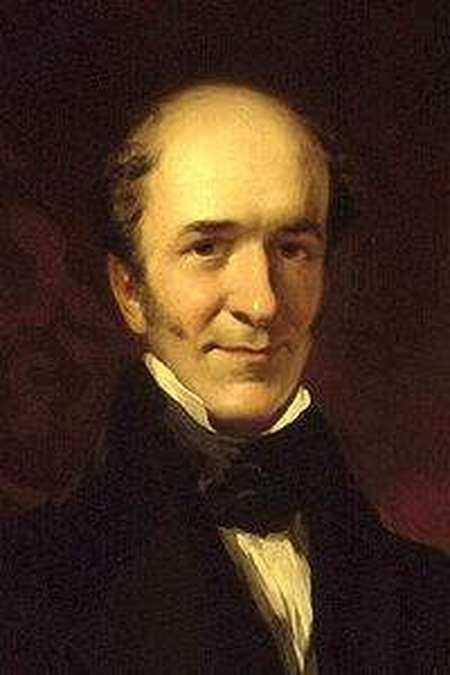
One of the main representatives of British classical political economy is also the finisher of British classical political economy. In his early days, Ricardo was a stock broker of the exchange. Later, influenced by Adam Smith's on the wealth of nations, he aroused his interest in economic research. His research fields mainly include currency and price, as well as tax issues. Ricardo's main representative work of economics is "political economy and tax principles" which was completed in 1817, in which he elaborated his tax theory. In 1819, he was elected as a member of the upper house, strongly advocating parliamentary reform and supporting free trade. Ricardo inherited and developed Smith's economic theory of liberalism. He believes that the best way to grow the economy is to limit the scope of government activities and reduce the tax burden.
Freedman
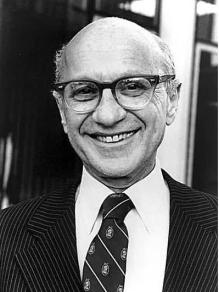
Milton Friedman is a contemporary American economist, Professor of the University of Chicago, one of the representatives of Chicago School of economics, and the representative of monetary school. It is famous for studying macroeconomics, microeconomics, economic history, statistics and advocating laissez faire capitalism. He won the Nobel Prize in economics in 1976 for his contribution to consumption analysis, money supply theory and history, and the complexity of stable policy. Interestingly, Friedman is the brother-in-law of Aaron dalecott, another representative of the Chicago School of economics and founder of legal economics. His book capitalism and freedom, published in 1962, advocates the minimization of the role of the government in order to make the free market operate in order to maintain political and social freedom. His political philosophy emphasizes the advantages of free market economy and opposes government intervention. His theory became one of the main economic bases of libertarianism, and had a great influence on the economic policies of Reagan and many other countries since 1980s.
Keynes
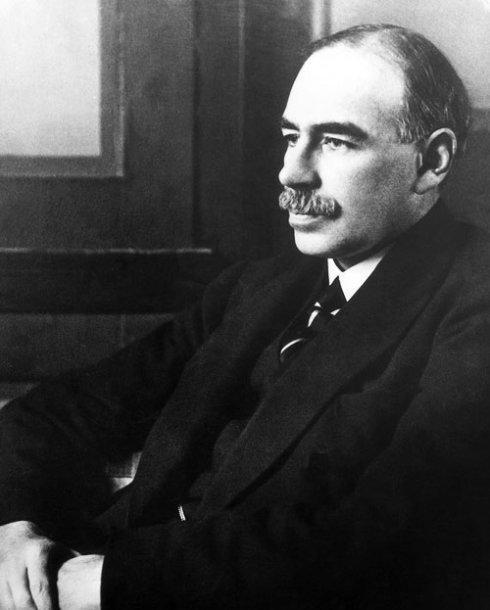
John Maynard Keynes (June 5, 1883-april 21, 1946), a British economist, is one of the most influential economists in modern economics. His macroeconomics, together with Freud's psychoanalysis and Einstein's theory of relativity, is called the three revolutions of the 20th century. In 1936, his representative works, the general theory of employment, interest and money, were published. The other two important economic theory works of Keynes were a trace on monetary reform (1923) and a treatise on money (1930). He was known as the "father of macroeconomics" for his "Keynesian Revolution" in economics.
John Nash

John Nash (June 13, 1928-may 23, 2015), a famous economist, founder of game theory, hero prototype of beautiful mind, former assistant professor of MIT and later professor of Mathematics Department of Princeton University, mainly studies game theory, differential geometry and partial differential equation. He and two other mathematicians made pioneering contributions to the theory of equilibrium analysis of non cooperative games, which had a significant impact on game theory and economics, and won the Nobel Prize in economics in 1994.
Hayek
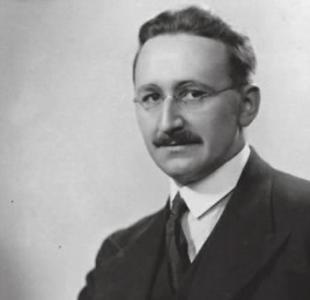
Friedrich Auguste von Hayek, CH (also translated as Hayek, Friedrich August von Hayek, May 8, 1899 March 23, 1992) is a famous Austrian born British economist and political philosopher. It is famous for adhering to free market capitalism, opposing socialism, Keynesianism and collectivism. He is widely regarded as one of the most important members of the Austrian School of economics, and he has made considerable contributions to the field of law and cognitive science. Hayek won the Nobel Prize in economics in 1974 with his theoretical rival gonnard murdar for "their pioneering research in monetary policy and business cycle, as well as their keen analysis of the impact of economic, social and institutional interaction." In 1991, Hayek was awarded the US Presidential Medal of freedom to praise his "lifelong vision".
Samuelson
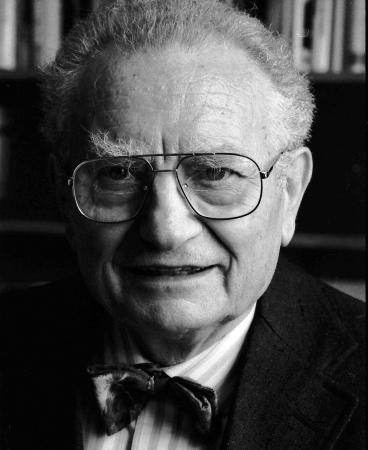
Samuelson and his mentor Hansen are the main representatives of Keynesianism in the United States. His research involves many fields of economic theory, such as general equilibrium theory, welfare economics, international trade theory, etc. Samuelson's classic book "economics" has sold more than 4 million copies in more than 40 languages in the world, becoming the best-selling economics textbook in the world and influencing generations. The tax theories and policies in the book mainly include tax nature, tax principles and tax influence. In 1970, Samuelson, 55, became the first American to win the Nobel Prize in economics.
Marshall
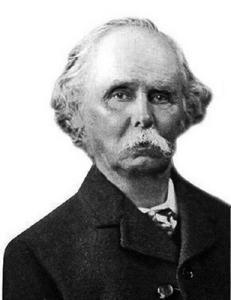
Alfred Marshall (1842-1924) is the most famous economist in modern England, the founder of neoclassical school, and the most important person in British economic circle in the late 19th and early 20th century. With Marshall's efforts, economics has developed from only a required course of Humanities and history to an independent subject, which is similar to physics. Under his influence, Cambridge University established the first Department of economics in the world.
Mundell
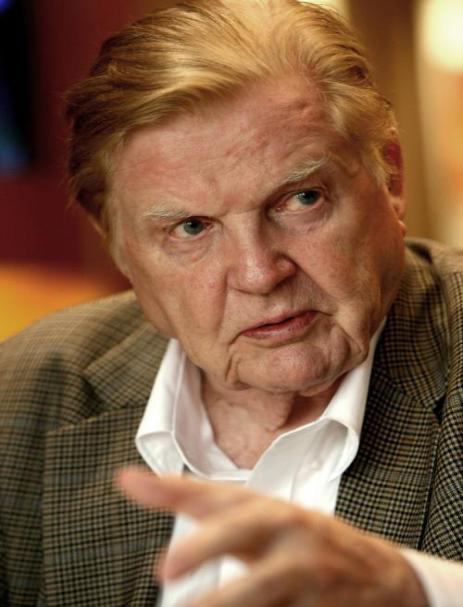
Robert A. Mundell, born in October 1932 in Ontario, Canada, was awarded the Nobel Prize in economics in 1999. He is the founder of "the theory of optimal currency area" and known as "the father of euro". Professor Mondale's great contributions to economics are as follows: first, the theory of Mondale Fleming Model of macro stability policy under open conditions; second, the theory of optimal currency region. Professor Mondale keenly observed that since the 1960s, a remarkable feature of world economic development is that with the development of world economic integration and globalization, products, services, especially capital can flow across borders on a large scale through trade and investment. In a more open economic system, a country's monetary sovereignty and fiscal policy effect are more constrained by the external world, and its macro-control ability is declining.
